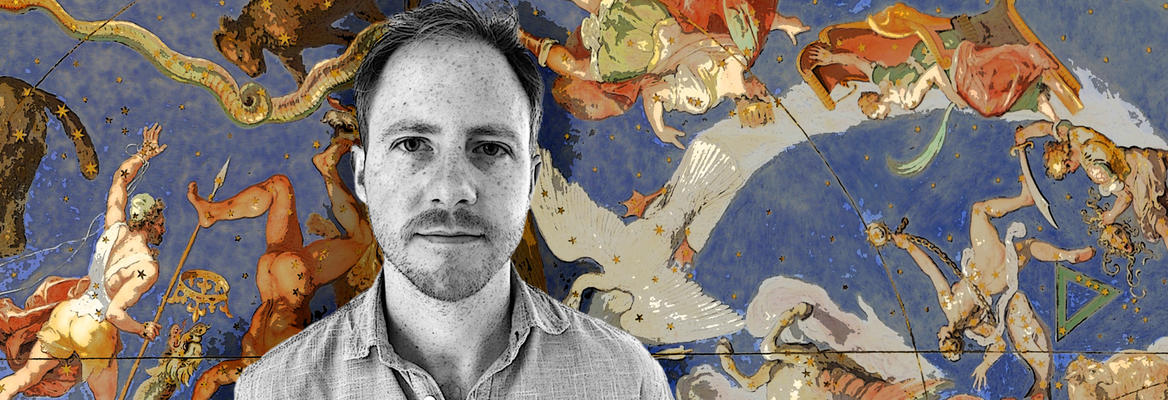Once ridiculed, panpsychism – the idea that all matter has some degree of consciousness – has gone mainstream. Philip Goff, one of the main defenders of panpsychism, now turns his attention towards another taboo question: does the universe as a whole have a purpose? In this interview, Ricky Williamson asks Goff how to make sense of fine-tuning, and what role psychedelics and mystical experience might have in coming to view the universe as a conscious mind.
You are most well-known for your arguments against physicalism - the idea that unconscious matter has combined in some way, namely in brains, to create consciousness - and your arguments in favour of panpsychism - the idea that matter itself has some spark of consciousness within it. You are now moving beyond discussing consciousness towards discussing topics ranging from cosmological fine-tuning, cosmopsychism (the idea the universe is a conscious mind) and whether the universe has a teleology, a purpose. Are these topics all related to your rejection of physicalism, or do you see these as separate areas of inquiry?
The fine-tuning is an empirical, rather than philosophical, data-point. It’s not how we expected science to turn out. But it’s there, at least in our current best theories, and so we need to deal with it. I suppose my prior commitment to panpsychism allows me options on dealing with fine-tuning that others might find harder to swallow, such as the idea that the universe is a conscious mind with its own purposes. But, actually, I would argue that this hypothesis is not as extravagant as you might initially think. Physics is confined to telling us the mathematical structure of reality; as Hawking put it, physics doesn’t tell us what ‘breathes fire into the equations, and makes a universe for them to describe.’ There must be something underneath the math. The idea that it’s a conscious mind sounds a bit weird, but it’s no less parsimonious than any other proposal.
At the upcoming HowTheLightGetsIn festival you will be debating 'The Mystery of Emergence' with physicist Suchitra Sebastian and philosopher Hilary Lawson, a debate exploring whether saying that something - like consciousness - 'emerged' has any explanatory power or whether emergence is something akin to a hand wave. What are you most looking forward to about that debate?
The word ‘emergence’ is a very slippery one. The problem is that philosophers and scientists tend to use it in very different ways. Scientists tend to use it to refer to phenomena that are strictly speaking new, but are in principle explicable in terms of the underlying physics. Water is emergent in this sense, just because its wetness isn’t shared with the atoms that make it up. Philosophers, on the other hand, use ‘emergence’ to mean some radically novel feature of reality that pops up in a totally unexpected way when matter reaches a certain level of complexity. It’s controversial whether anything is ‘emergent’ in this sense, but consciousness and free will are the most discussed candidates. It’s useful to distinguish these two notions by calling the first ‘weak emergence’ and the second ‘strong emergence.’





















Join the conversation